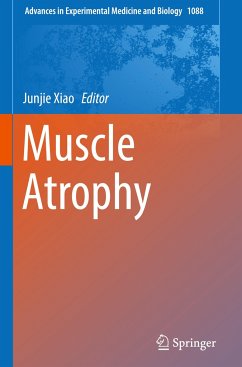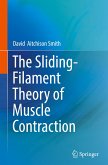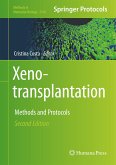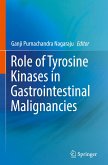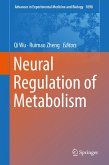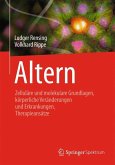The book addresses the development of muscle atrophy, which can be caused by denervation, disuse, excessive fasting, aging, and a variety of diseases including heart failure, chronic kidney diseases and cancers. Muscle atrophy reduces quality of life and increases morbidity and mortality worldwide. The book is divided into five parts, the first of which describes the general aspects of muscle atrophy including its characteristics, related economic and health burdens, and the current clinical therapy. Secondly, basic aspects of muscle atrophy including the composition, structure and function of skeletal muscle, muscle changes in response to atrophy, and experimental models are summarized. Thirdly, the book reviews the molecular mechanisms of muscle atrophy, including protein degradation and synthesis pathways, noncoding RNAs, inflammatory signaling, oxidative stress, mitochondria signaling, etc. Fourthly, it highlights the pathophysiological mechanisms of muscle atrophy in aging and disease. The book's fifth and final part covers the diagnosis, treatment strategies, promising agents and future prospects of muscle atrophy. The book will appeal to a broad readership including scientists, undergraduate and graduate students in medicine and cell biology.
Bitte wählen Sie Ihr Anliegen aus.
Rechnungen
Retourenschein anfordern
Bestellstatus
Storno

